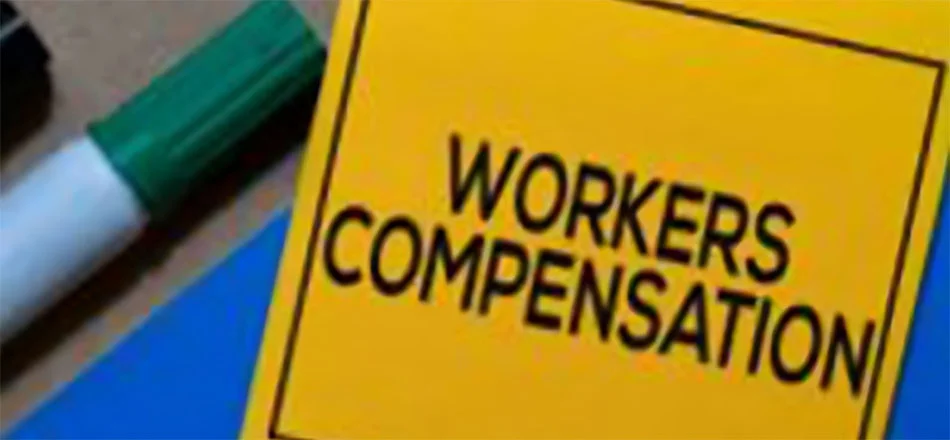Can I Collect Social Security Disability Benefits If My Work Injury Is Permanent?

If someone sustains a severe injury while at work, they can file a claim under their employer’s workers’ compensation coverage so that they can focus on recovering first and foremost. However, if the disability is too serious to allow a return to work, the procedure for seeking and claiming benefits may differ. This is particularly true if you are eligible to collect Social Security Disability Insurance (SSDI) on top of workers’ compensation benefits. If you believe this may apply to you, contacting an experienced attorney may help to get any questions answered.
Unlike in many other states, all employers in Connecticut (except for certain domestic workers) are required to maintain workers’ compensation coverage. This means that anyone who can establish their injury occurred within the course and scope of their employment is entitled to receive medical care and payments for a certain number of weeks. Amounts and lengths of time will vary depending on whether your injury is temporary or permanent, partial or total – but it is important to keep in mind that workers’ compensation payments have an end date. “Permanent” disability refers to the disability being permanent, not the payments themselves.
If you have in fact sustained a permanent disability, it may be serious enough to render you eligible to collect Social Security disability payments – which, in theory, have no end date. However, it is not always the best option for everyone, because there are situations where receiving workers’ compensation can offset any SSDI you might be entitled to receive – in other words, receiving SSDI and workers’ compensation might result in your having to reimburse the Social Security Administration (SSA), even if you are approved for benefits.
In general, the SSA does not want an injured worker to receive more in benefits (from whatever source) than they might have made while actively on the job. If the now-disabled worker’s combined income from SSDI and workers’ compensation benefits would exceed 80 percent of their pre-injury income, your SSDI benefits will be reduced to ‘offset’ the presence of workers’ compensation payments, even if you are approved to receive benefits in the first place.
There are other potential financial difficulties from receiving both workers’ compensation and SSDI – perhaps the most commonly seen is in dealing with taxes. Normally, workers’ compensation payments are not taxable, but if they result in an offset of SSDI, the entire amount is considered taxable, not just the overage amount. This is not clear to many recipients, and it can cause significant problems for those whose income has to stretch.
Call A Stratford Workers’ Compensation Attorney
An on-the-job injury can change someone’s life, and staying financially afloat is very often a primary concern for those who have wound up in that situation. A Stratford workers’ compensation attorney from the Morizio Law Firm may be able to help you with any questions you may have about workers’ compensation, or about a possible offset between Social Security disability payments and your workers’ compensation benefits. Contact our offices today at 203-386-1433 for a free consultation.
Sources:

